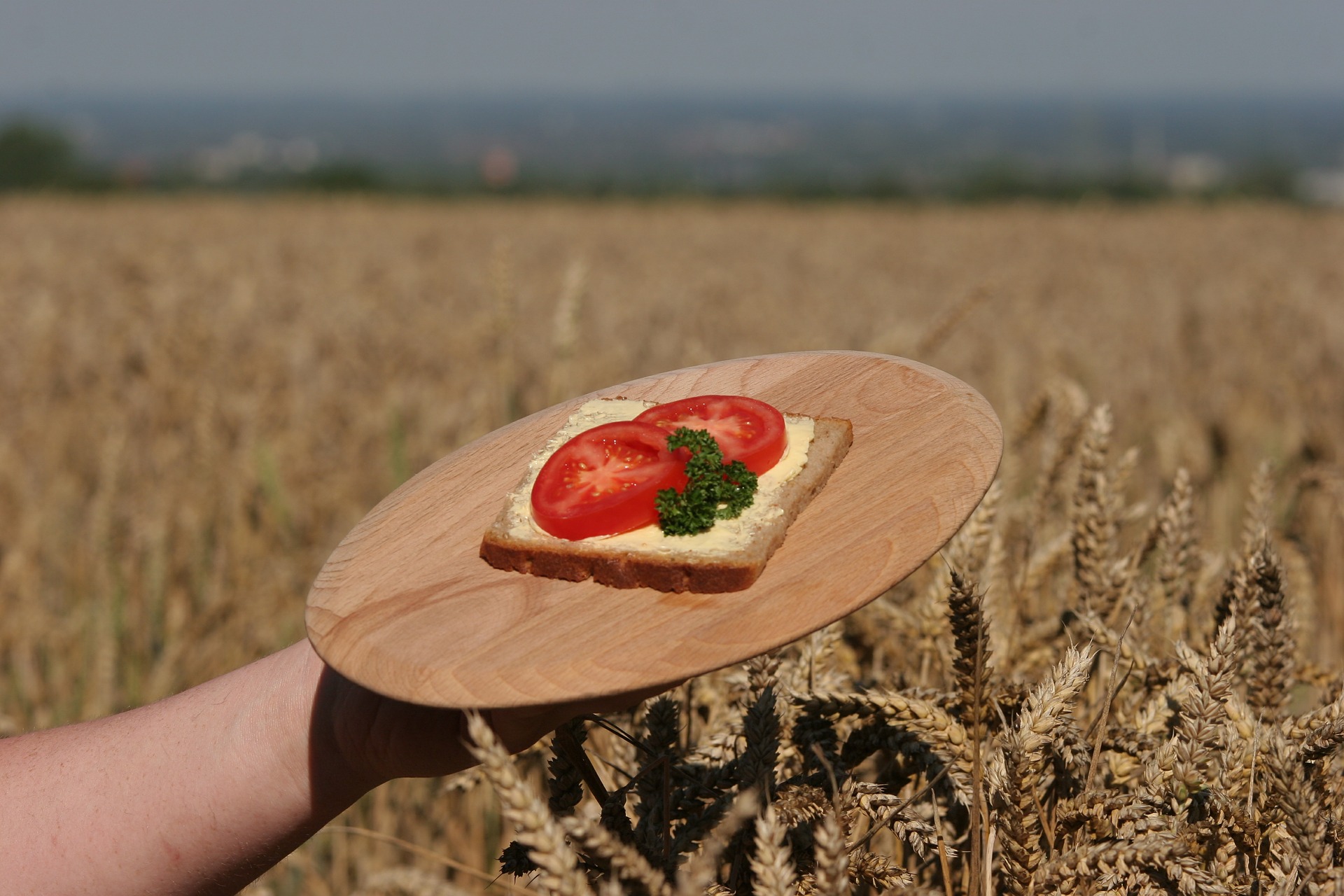
Rye (Secale cereale)
Plant:
Longer and thinner than wheat, with a yellowish-brown or greyish green color, the rye grain is scientifically known as Secale cereale. During milling and refining, unlike wheat, it is difficult to separate the germ from the bran and endosperm of rye, so that its flour normally retains a large amount of the original nutrients. One of these nutrients is gluten and as long as there is no intolerance, it is a precious cereal in human food.
Rye is recommended, for example, for gluten-tolerant diabetics because it has a glycemic index, which is generally lower than that of wheat products and most other cereals.
Properties:
Anticancer, antiflatulence, antidiarrheal, digestive, and, among others, emollient, are some of the properties of Rye. This plant is rich in fiber (about eight times more fiber than wheat), minerals (phosphorus, copper, magnesium or zinc …), vitamins (especially the B complex), and low in calories.
Benefits:
- Helps lose weight,
- arteriosclerosis,
- asthma,
- gallstones,
- degenerative colon disease,
- strengthens the flexibility of the arteries,
- hypertension,
- improves digestion and metabolism,
- arterial pressure,
- constipation,
- ulcers…
How to consume:
Rye flour is widely used to make bread, cakes, or cookies. If the option is to cook rye, start by soaking the grains, half an hour before and only after cook them together, for example, with rice, to serve as a side dish or even as a salad. Rye can also be used to make sauces and soups. Rye can also be eaten in germinated seeds (between 8 to 12 hours) or in micro-greens. If the option is to toast the rye grains, you can very well serve them as a garnish on a hamburger bun.
Rye is still widely used in the preparation of alcoholic beverages (beer, whiskey, and vodkas), or in the feeding of animals through fodder or hay.
Contraindication:
People sensitive or intolerant to gluten cannot consume rye, because it atrophies the mucous membranes of the small intestine, affecting the body and the absorption of various nutrients from food. Therefore, it is advisable to be attentive, because each body is different and can cause possible incompatibilities, total or momentary, generated by its ingestion.
This text is an awareness. Depending on the season and the moment in which you are, it is up to each Being to feel whether he should consume this food. The dosage and frequency depend on the nature and physical condition of each Human Being.




